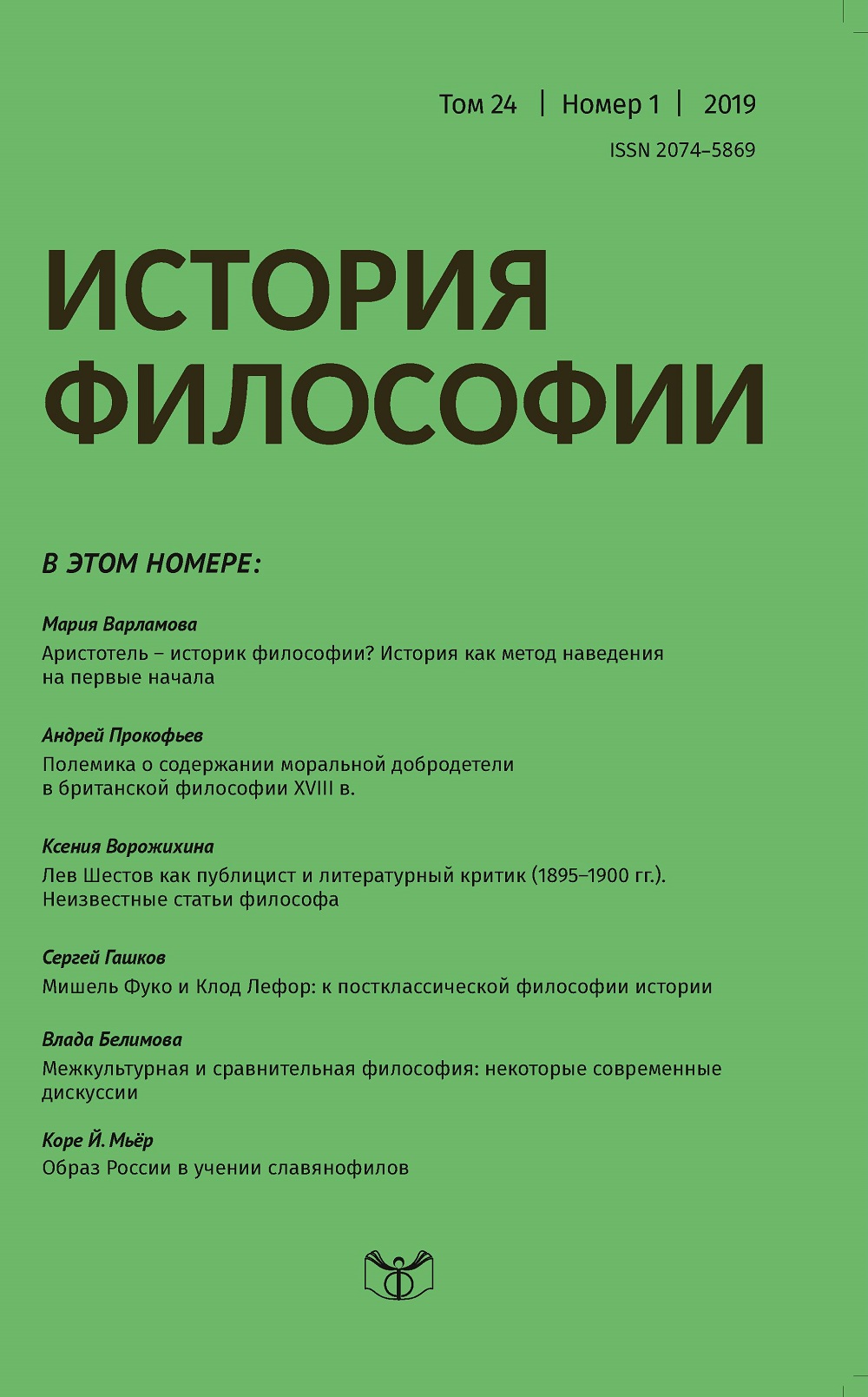Epicurus and Karl Marx: Points of Contact
Keywords:
K. Marx, Democritus, Epicurus, G.W.F. Hegel, historicity, spontaneous swerving of the atom, sensuality, praxis, εἱμαρμένη of Democritus and Epicurus’s τύχη, man as a goal of philosophyAbstract
The article presents an attempt of historical-philosophical explication of contact between the philosophy of Epicurus and the philosophy of Karl Marx. Although the influence of Epicurus on the
young Marx was not direct and immediate, nevertheless, it was the Epicurean tradition, critically rethought, that at a deep level affected Marx’s many concepts. The author shows that Marx’s ideas
about the total historicity of the world, the unity of subject and object, freedom, praxis, pleasure,
methodological pluralism, man as the starting point and goal of philosophy, the correlation of philosophy and the world have one of their sources namely in the Epicurus philosophy. Epicurus’
ideas about spontaneous rejection (παρέγκλισις) as freedom, about the immanence of motion by
atoms themselves, about interpenetration of the world and man, searching for «many reasons»,
randomness (τύχη), etc., in critical synthesis with ideas of other thinkers were developed by Marx
further in his teaching about man as the substantial basis of social being, man as a suffering being,
the continuity of man and the world. These ideas of Epicurus led Marx to the methodology of multivariate analysis, and also led to the formulation of the doctrine of the true being of man as
a spontaneous creative productive activity that brings pleasure (Selbstbetätigung).

